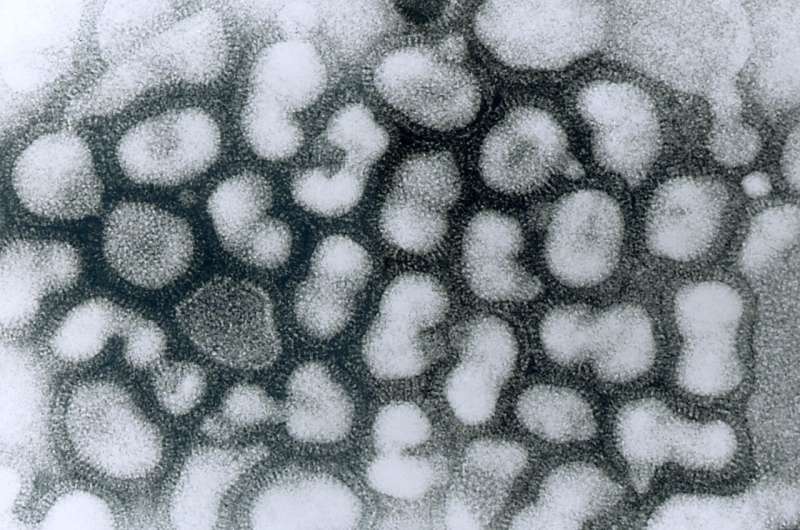Researchers at the Jackson Laboratory in Farmington, Connecticut might just have the solution. Their research, recently published in Science Advances, focuses on non-neutralizing antibodies, which are proteins produced by the immune system, whereas other current antibody therapies focus on neutralizing antibodies. Vaccines rely on the creation of neutralizing antibodies to prevent infection, but non-neutralizing antibodies work by helping the immune system fight off the infection instead—meaning the non-neutralizing antibody therapy is not a vaccine.
The team evaluated three non-neutralizing antibodies that block an essential proton channel (M2e) of IAV. They tested out different variations of the antibodies (in groups of one, two, or all three) to determine prophylactic and therapeutic efficacy in mouse models using multiple IAV strains—including highly lethal avian flu strains. They found that a combination of all three of the antibodies, administered as a kind of cocktail, was highly effective.

